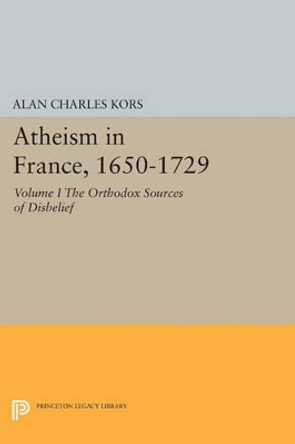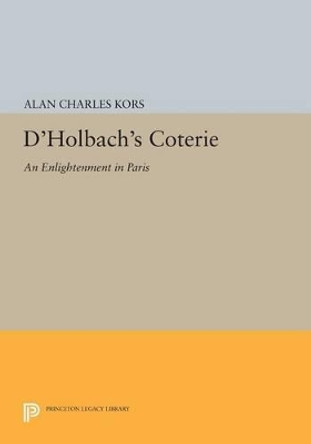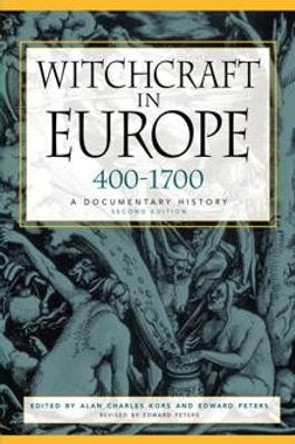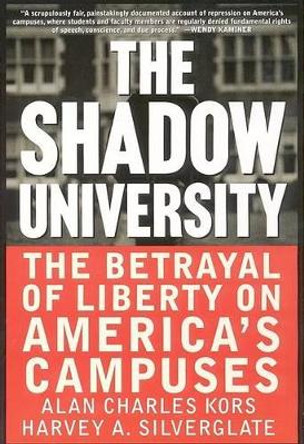Atheism was the most fundamental challenge to early-modern French certainties. Leading educators, theologians and philosophers labelled such atheism as manifestly absurd, confident that neither the fact nor behaviour of nature was explicable without reference to God. The alternative was a categorical naturalism. This book demonstrates that the Christian learned world had always contained the naturalistic 'atheist' as an interlocutor and a polemical foil, and its early-modern engagement and use of the hypothetical atheist were major parts of its intellectual life. In the considerations and polemics of an increasingly fractious orthodox culture, the early-modern French learned world gave real voice and eventually life to that atheistic presence. Without understanding the actual context and convergence of the inheritance, scholarship, fierce disputes, and polemical modes of orthodox culture, the early-modern generation and dissemination of absolute naturalism are inexplicable. This book brings to life that Christian learned culture, its dilemmas, and its unintended consequences.
This book shows how absolute naturalism, deciphering nature without reference to God, emerged from the inheritance, dynamics and debates of orthodox culture.About the AuthorAlan Charles Kors is the Henry Charles Lea Professor of History, University of Pennsylvania. He taught at the Ecole Pratique des Hautes Etudes and the Folger Library. He is also co-founder of the Foundation for Individual Rights in Education. He published the Encyclopaedia of the Enlightenment (2003), Atheism in France, 1650-1729 (1990) and D'Holbach's Coterie: An Enlightenment in Paris (1976).
Reviews'... indispensable ... sure to fruitfully inspire many historians for years to come.' Jeffrey D. Burson, American Historical Review
Book InformationISBN 9781107106635
Author Alan Charles KorsFormat Hardback
Page Count 336
Imprint Cambridge University PressPublisher Cambridge University Press
Weight(grams) 610g
Dimensions(mm) 237mm * 160mm * 24mm







